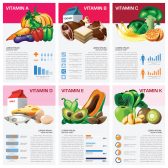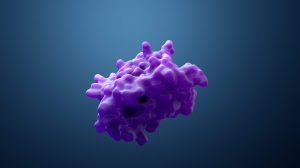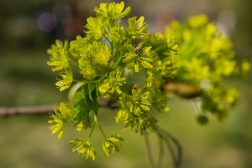Definition
noun
(genetics) A type of euploidy wherein the additional set of chromosomes is derived from a parent or identical parental species
Supplement
Euploidy is a chromosomal variation that involves the entire set of chromosomes in a cell or an organism. Euploidy is more tolerated in plants than in animals. There may be a single set (monoploidy), two sets (diploidy), or multiple sets (polyploidy, i.e. triploid, tetraploid, pentaploid, hexaploid, etc.) of chromosomes. Other types of euploidy are autopolyploidy and allopolyploidy.
In autopolyploidy, there is an additional set of chromosomes, which may be from a parent or identical parental species (i.e. a single taxon). The cell or organisms in autopolyploid condition is called an autopolyploid. Natural autopolyploids are Tolmiea menzisii (piggyback plant) and Acipenser transmontanum (white sturgeon).
In agricultural setting, autopolyploidy (particularly, autotriploidy) is applied in producing seedlessness in watermelon and bananas. An autotriploid would be one that has three copies of the basic chromosomal set. One way to produce an autotriploid is by mating a diploid with haploid (n) gamete and a tetraploid with 2n gamete. The offspring would have an unbalanced gametes and therefore possibly sterile. Thus, autotriploids are mostly propagated asexually.
Other ways of producing autopolyploids are by the union of two diploid gametes, by somatic doubling, by fertilizing an egg with two sperms, and crossing a tetraploid with a diploid.
Get more info on autopolyploidy and discover its ecological importance here: Sympatric vs allopatric speciation. Join in now!
See also:
- euploidy
- allopolyploidy
- homologous chromosomes
Related form(s):
- autopolyploid (adjective, of, relating to, or showing characteristic of, autopolyploidy; noun, a cell or an organism in autopolyploidy condition)







